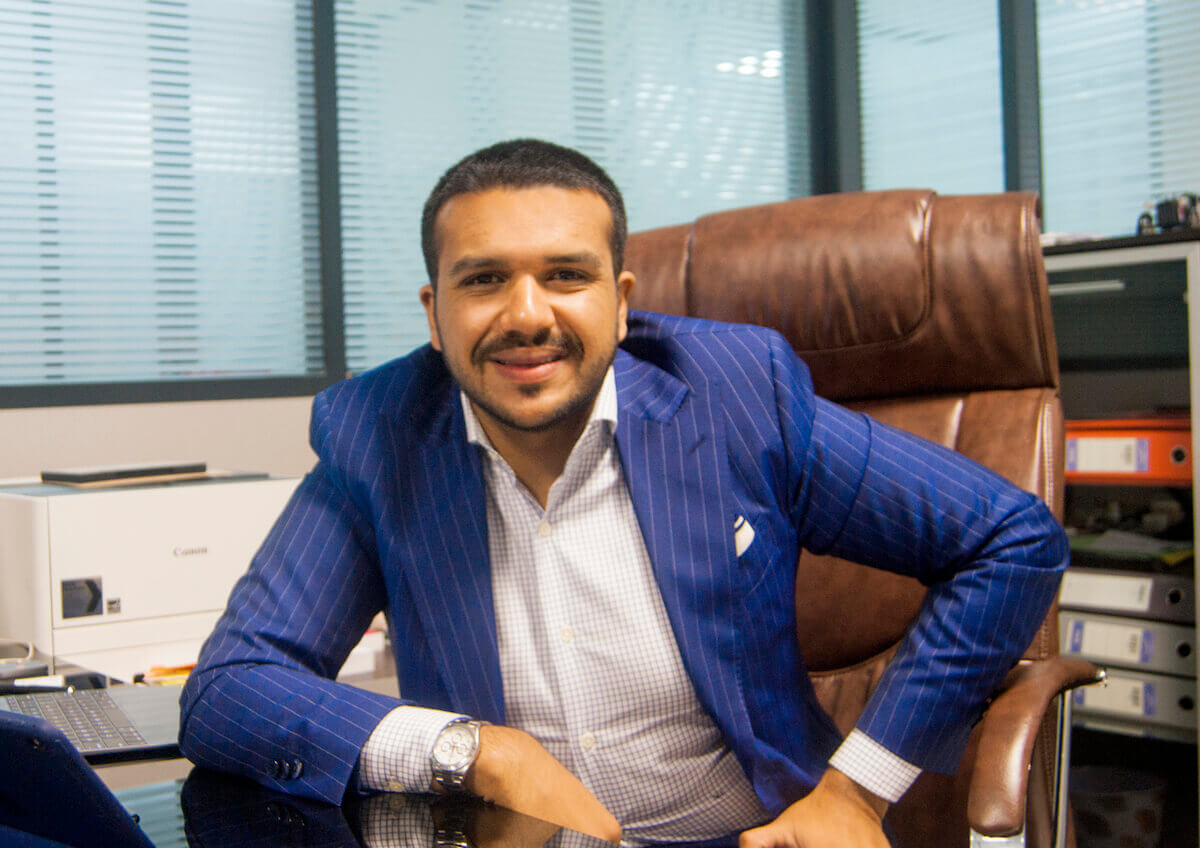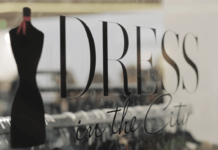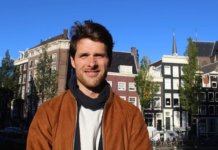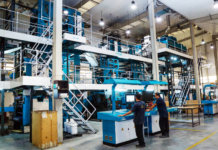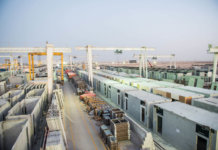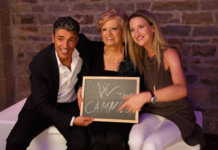Home to a unique biodiversity and rare animal species, Madagascar is undoubtedly one of the most beautiful places on the planet being described by many as nothing short of paradisiac. The island nation off Africa’s south east coast is however also consistently ranked amongst the world’s poorest countries. Its economy is highly dependent on agriculture, fishing, mining, and clothing and textile production. Their struggling economy is nothing new to the citizens of Madagascar. Throughout various periods in their history, the country has had a hard time righting its economic ship. After coming out from a colonial relationship with France, Madagascar underwent a socialist Marxist revolution that saw the country nationalize many of the private banks and industries. The result was a serious downturn in exports and overall economic performance. Subsequent periods strife have done little to help the cause.
A bright spot in the country’s economic underpinnings are its family businesses that are growing across all industries of this beautiful island. For family-owned business SMTP Group, part of the company mission is to not only to grow but to better the lives and prospects of the people of Madagascar as well.
Yanish Ismael is a second-generation executive in the SMTP Group which his father, Danil Ismael, founded in 1987. While steadfastly dedicated to the development of Madagascar and its people throughout his career, Danil Ismael grew his first business in agriculture and livestock and expanded it into a conglomerate comprised of 19 different companies in Madagascar and around the world. With more than 1500 employees, the SMTP Group is one of the largest and most successful industrial groups on the island. The family business is currently active in multiple industries including agriculture, real estate, plastics and packaging, automotive, construction and civil engineering, and energy.
Yanish currently serves as the operations manager for the SMTP Group where he works alongside his father and his brother. He sat down with Tharawat Magazine to discuss his family business, his family’s love for Madagascar, and their vision for the future.
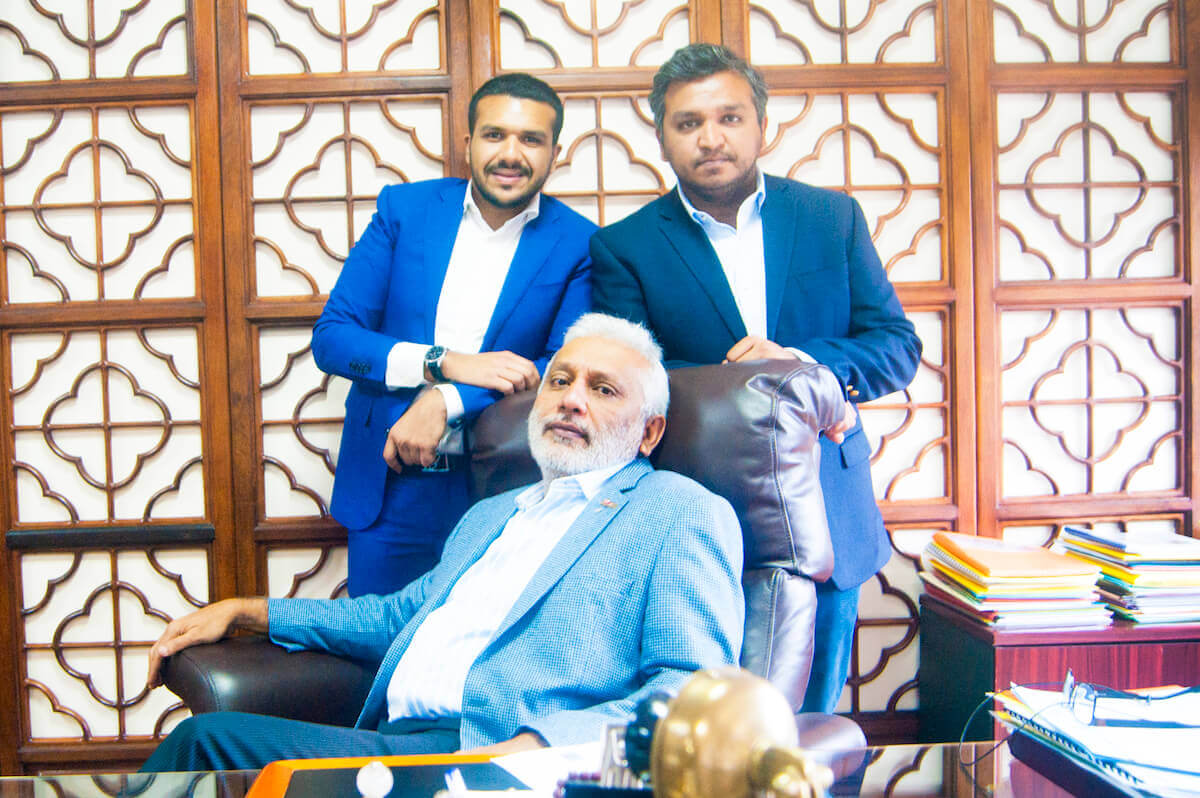
Maybe we can start with you telling us a little bit about yourself and how you got involved with your family business.
I came back to Madagascar after 10 years of studying abroad. I was in Singapore, Scotland, the U.S. and in London. The transition has been very easy for me because I had the chance to come back regularly during vacations. My experience abroad taught me how to be more responsible and how to be more efficient in my work.
Do young people who studied abroad usually come back to Madagascar?
I believe I’m one of the very few people who came back. Usually, people in Madagascar want to get work overseas, so when they do, they tend to stay away. Either because they don’t have a business to run or they just don’t want to come back. But I saw it as my duty to come back, not only to help the family business to develop but also to help my country and the people in my country.
Tell us more about your family business.
My father started this business in 1987 so approximately 30 years ago the SMTP Group started with car parts and today we have over 20 companies and we’re one of the leading groups in Madagascar. We are active in agriculture, plastics, painting, renewable energy, and car dealerships; we’re the official dealership of one of the leading Chinese car manufacturer, Dong Feng Motors. We’re also into construction, and real estate, both commercial and residential, and shopping malls. The key to our success is diversity.
How was your father able to grow the company and scale at this rate given all the obstacles that he must have faced?
In my opinion, and I often say it, it was all his hard work and dedication. We believe that when you start something you have to finish it. You’re going to face challenges, you’re going to face difficulties, but never ever, ever lower your head or lose faith. Always have confidence in yourself and this is the way you’re going to succeed. The biggest advantage my father has is the fact that he integrated himself into the community. I said to myself, I was born in Madagascar and I will die in Madagascar. I will change my business, I will change my country, I will help my people because it is my duty to do so. I take this knowledge from my father and my brother.
My brother, Shahim Ismael joined the business seven years ago, he’s a graduate from the European Business School in London (EBS) where he studied finance. He’s doing great, everybody’s really happy with him. It’s amazing to work in such a team.
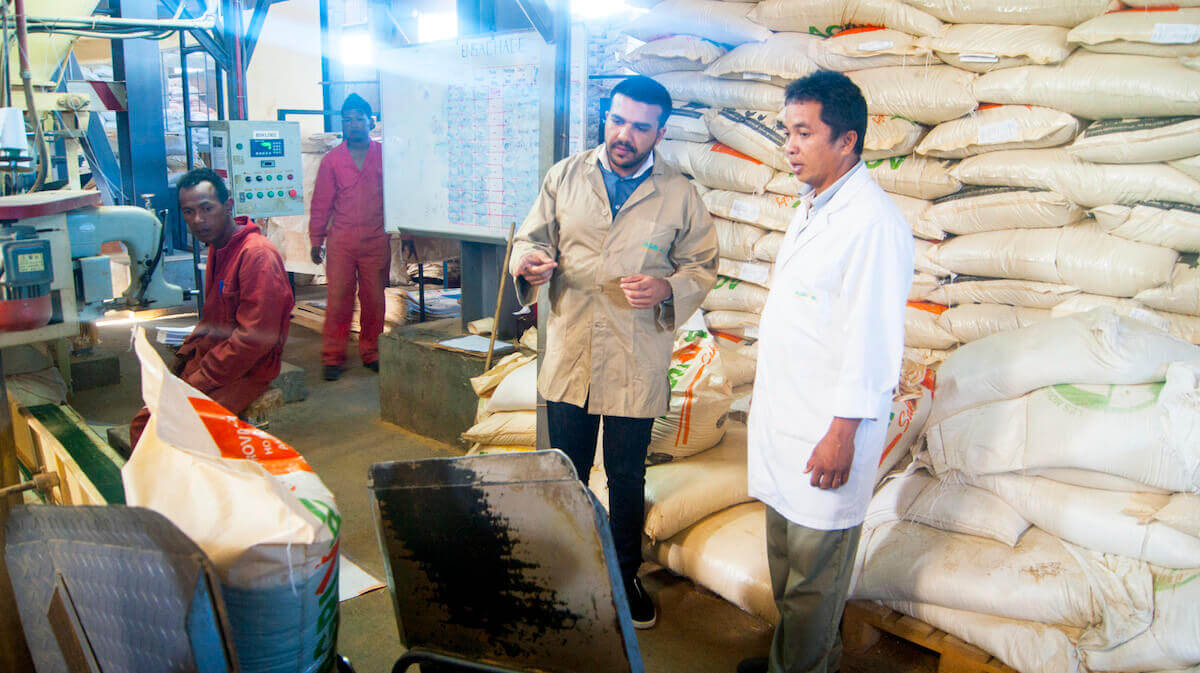
Whenever a family works together in a business it can easily lead to conflict and tensions. Can you tell us a little more but how you structured the family responsibilities in the business so this doesn’t happen to you?
It all starts with my father who is the Chairman of the company. My brother takes care of the car concessions, construction, energy, real estate and I take care of everything that falls under the agricultural section. This includes the mills, the poultry and the distribution of agricultural products across Madagascar. We have a lot of investment in this area that falls under my responsibility. My sister, while not active in the operational side of the business, will be taking on a more important role at a board level as we start putting in more governance structures.
What was the challenge or reality check you had coming into the family business? What were some of the things that you weren’t expecting or took you by surprise?
I’m a person who likes challenges and when I came to Madagascar the first thing my father told me was that he didn’t care about what I studied at school. ‘You studied in Silicon Valley, but I don’t care. Today you joining the University of SMTP Group and I will be your mentor and I will be the one teaching you.’ Those were his words. I’ll tell you frankly, what I learned in a year in my family business, I would never have learned that much in school. So today there are challenges, of course. I had a vision of where I wanted to be and eventually I assure you I will be there. But it’s going to happen gradually because I have to adapt to how the country works and how the business works, how the people work and how I work with them.
Did your brother or father have different personalities at work than what you were used to seeing in a private setting? Was this an adjustment you had to make?
People tend to think that because you’re family, there is this ease. But, of course, there are difficulties because I’ve never worked with them before. I can tell you that it’s working well because we respect each other and we’re helping each other and we’re working together as a team, and this is making us stronger.
[ms-protect-content id=”4069,4129″]
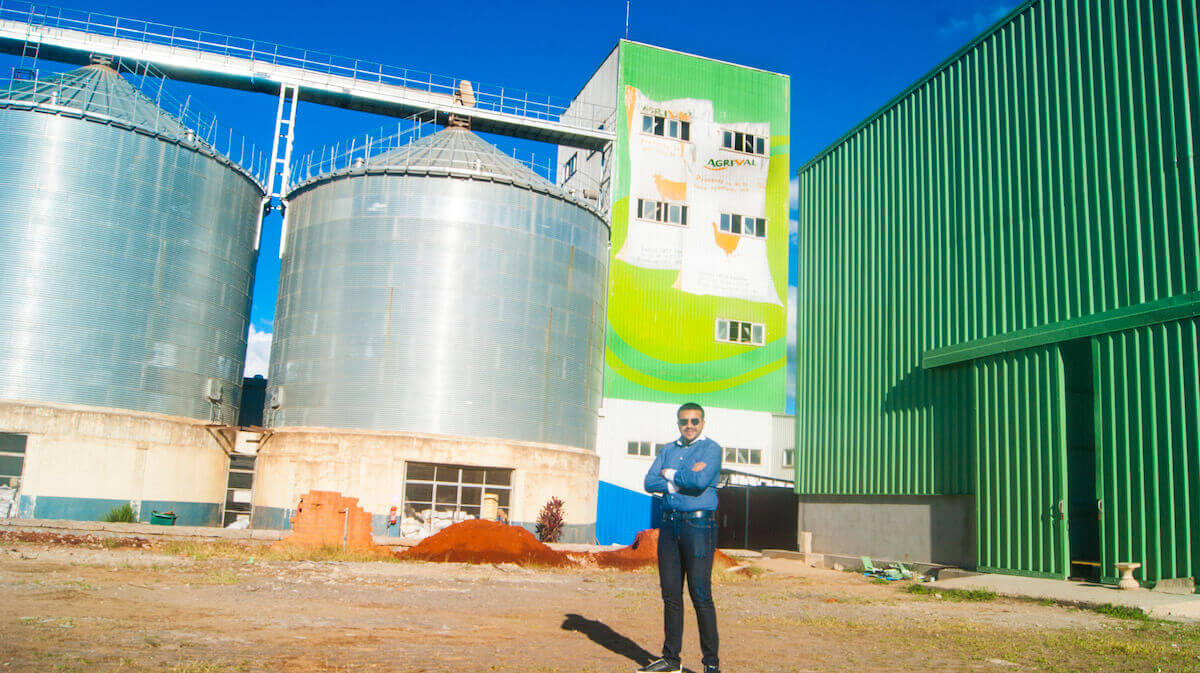
Your business successes are linked to Madagascar; it’s symbiotic. What are the main challenges in the main opportunities that Madagascar faces?
The main challenge we are facing is poverty. My country is very poor, I think recently we were ranked the third poorest country in the world. The opportunity we face today is that Madagascar has everything. We have mines, we have oil, we have anything you could ever think of and I think that’s an opportunity for people to come and invest in our beautiful country. Madagascar is a beautiful, beautiful country, and it’s a big island There’s lots of space and the weather is good, the food is good, the people are beautiful. For me it’s heaven.
How do you make sure everything you do as a business is aligned with Madagascar’s interest?
As a company, in everything we do, we interact with the people of Madagascar. So when we do a project, there has to be a social aspect to it. For instance, we’re rebuilding the Children’s Hospital, and we’re putting in a cancer unit. Every time there is a natural disaster, we’re there and three times a year we organize humanitarian missions where we bring doctors from overseas and they treat thousands of patients for free. Logistically it’s very difficult to do but we have a duty to help the country.
Do you see family businesses contributing directly to the country as something that’s happening a lot?
Madagascar has a lot of family businesses. We are now seeing them survive for more generations and hope that they will continue to thrive and contribute to a stable economy.
What would like to see your family business achieve in the future?
The keyword is legacy – we want to leave a legacy that my father has begun for Madagascar. For me, my vision is to be exactly where he is, or to be even better than where he is and to help my country. I really want to help my people, to employ people, to share my knowledge with people and to bring our company to the next level.
[/ms-protect-content]


